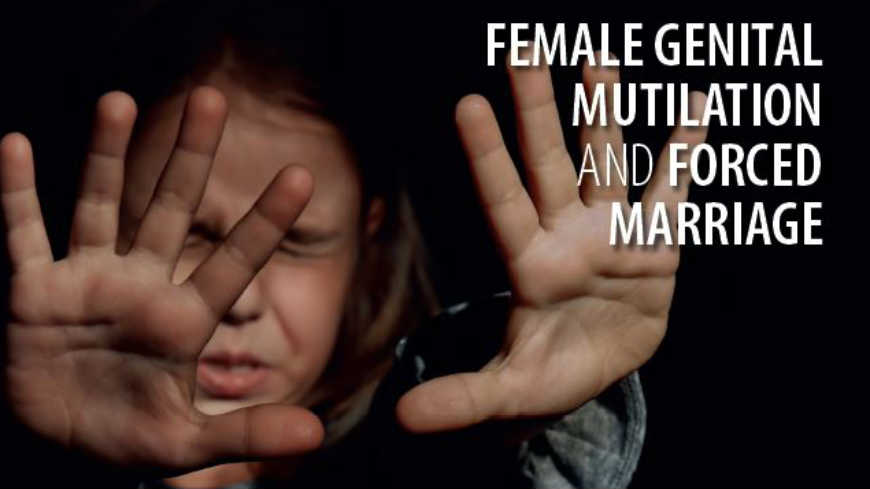On 15-16 November 2018, in London, the UK Government in collaboration with the Council of Europe will organise an International Conference, Policy For Progress: Ending FGM and Forced Marriage. This event is a follow-up to the publication of the Council of Europe Steering Committee for Human Rights which includes the Declaration of the Committee of Ministers on the need to intensify the efforts to prevent and combat female genital mutilation and forced marriage in Europe as well as a Guide to good and promising practices on these important issues.
As already indicated in the Council of Europe Convention on preventing and combating violence against women and domestic violence (Istanbul Convention), the main areas of any national policy or strategy to prevent and combat forced marriage include: Integrated Policy and Data, Prevention, Protection and Prosecution, known as “the four Ps approach”. The Guide to good and promising practices includes an additional focus area on Asylum, as this is a significantly pertinent aspect for Europe today.
The Guide to good and promising practices aims at providing strategic guidance on the standards, principles and features of an integrated response to end these practices. In support of these elements the Guide also outlines selected current initiatives being taken by a number of Council of Europe member States in preventing, combating and addressing the effects of female genital mutilation and forced marriage.
Female genital mutilation and forced marriage occur in Europe mainly in certain migrant communities, and these practices seem to be on the rise due to an increased number of immigrants and asylum seekers to this continent. Moreover, there is evidence that some Roma communities in Europe continue to practise forced marriage, in particular child and early marriage.


